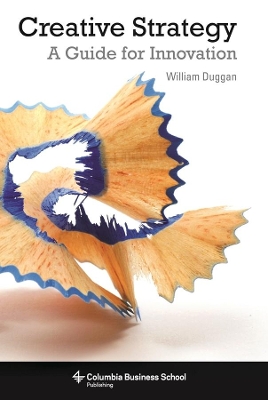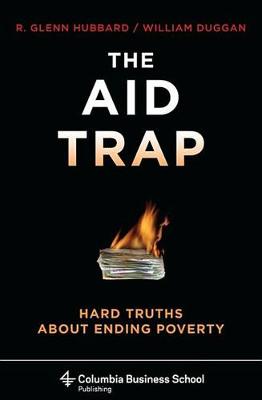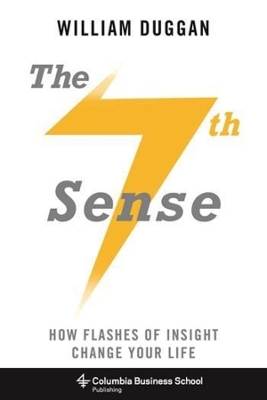Columbia Business School Publishing
3 total works
William Duggan's 2007 book, Strategic Intuition, showed how innovation really happens in business and other fields and how that matches what modern neuroscience tells us about how creative ideas form in the human mind. In his new book, Creative Strategy, Duggan offers a step-by-step guide to help individuals and organizations put that same method to work for their own innovations. Duggan's book solves the most important problem of how innovation actually happens. Other methods of creativity, strategy, and innovation explain how to research and analyze a situation, but they don't guide toward the next step: developing a creative idea for what to do. Or they rely on the magic of "brainstorming"-just tossing out ideas. Instead, Duggan shows how creative strategy follows the natural three-step method of the human brain: breaking down a problem into parts and then searching for past examples to create a new combination to solve the problem. That's how innovation really happens. Duggan explains how to follow these three steps to innovate in business and any other field as an individual, a team, or a whole company.
The crucial middle step-the search for past examples-takes readers beyond their own brain to a "what-works scan" of what others have done within and outside of the company, industry, and country. It is a global search for good ideas to combine as a new innovation. Duggan illustrates creative strategy through real-world cases of innovation that use the same method: from Netflix to Edison, from Google to Henry Ford. He also shows how to integrate creative strategy into other methods you might currently use, such as Porter's Five Forces or Design Thinking. Creative Strategy takes the mystery out of innovation and puts it within your grasp.
The crucial middle step-the search for past examples-takes readers beyond their own brain to a "what-works scan" of what others have done within and outside of the company, industry, and country. It is a global search for good ideas to combine as a new innovation. Duggan illustrates creative strategy through real-world cases of innovation that use the same method: from Netflix to Edison, from Google to Henry Ford. He also shows how to integrate creative strategy into other methods you might currently use, such as Porter's Five Forces or Design Thinking. Creative Strategy takes the mystery out of innovation and puts it within your grasp.
Over the past twenty years more citizens in China and India have raised themselves out of poverty than anywhere else at any time in history. They accomplished this through the local business sector--the leading source of prosperity for all rich countries. In most of Africa and other poor regions the business sector is weak, but foreign aid continues to fund government and NGOs. Switching aid to the local business sector in order to cultivate a middle class is the oldest, surest, and only way to eliminate poverty in poor countries. A bold fusion of ethics and smart business, The Aid Trap shows how the same energy, goodwill, and money that we devote to charity can help local business thrive. R. Glenn Hubbard and William Duggan, two leading scholars in business and finance, demonstrate that by diverting a major share of charitable aid into the local business sector of poor countries, citizens can take the lead in the growth of their own economies. Although the aid system supports noble goals, a local well-digging company cannot compete with a foreign charity that digs wells for free. By investing in that local company a sustainable system of development can take root.
Flashes of insight-the "Eureka!" moments that produce new and useful ideas in a single thought-are behind some of the world's most creative and practical innovations. This book shows how to cultivate more and better flashes of insight by harnessing the science and practice of the "seventh sense." Drawing from psychology, neuroscience, Asian philosophy, and military strategy, William Duggan illustrates the power of the seventh sense to help readers aspire to and achieve more in their personal and professional lives. His examples include Gandhi, Joan of Arc, Starbucks founder Howard Shultz, and executives and students he has taught in his classes. His book presents specific steps in the form of three practical tools to help prepare the mind, see and seize opportunity, and follow through on one's resolution. Based on Duggan's perennially popular Columbia Business School course, this book teaches the mental skills and discipline that power the seventh sense.


